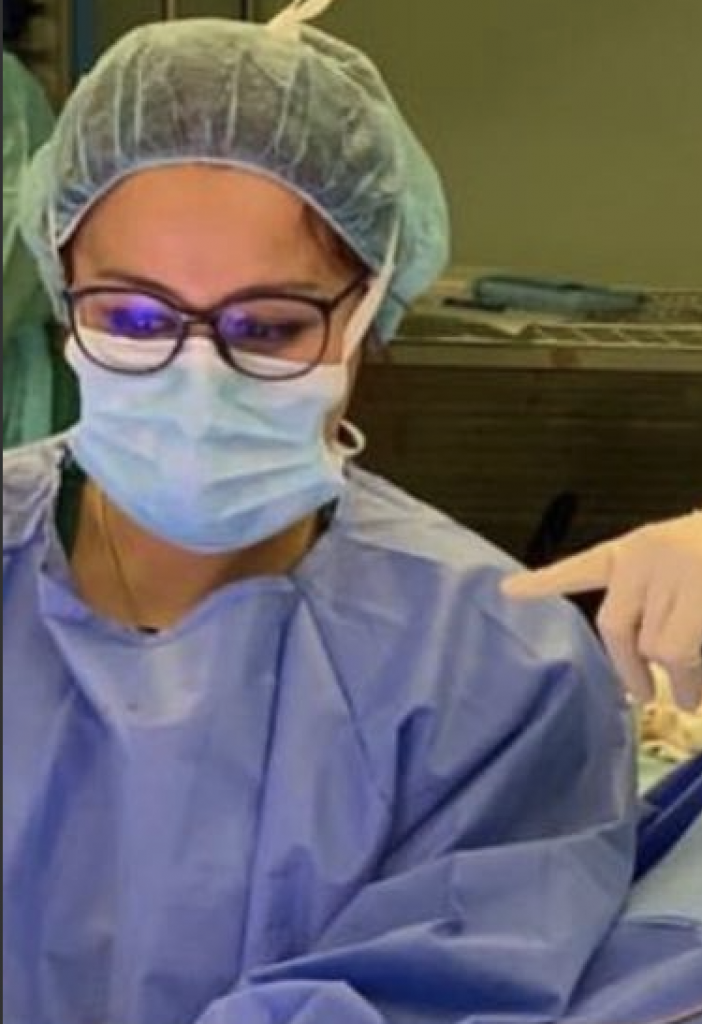“The best way to predict the future is to create it.”
Abraham Lincoln

Author: Ameera AlHasan, senior surgeon at Jaber Al-Ahmad Hospital, Kuwait
Surgery is an ancient craft that has withstood the test of time thus far. What the tides of the 21st century will bring can only be foretold by examining current trends and using them to steer our profession towards the future we hope to see.
Tweaking techniques through technology
As all aspects of modern life undergo a rigorous digitalization process, the practice of surgery is no exception.
Starting with minimally invasive surgery through the adoption of laparoscopy and robotics, surgical technology will continue to evolve in order to render operating a more comfortable experience for both surgeon and patient. The advent of human enhancement with advanced imaging and artificial intelligence means that the surgeon of the future will be able to see better and do more.
The improved understanding of the molecular basis of disease together with the advancement of nanotechnology has given birth to precision medicine. This novel field employs targeted therapy to address the subcellular, genetic and molecular determinants of disease. Speculations arise that this might completely obviate the need to operate on patients. Although this may be true at certain stages of a disease, it seems more likely that it will act as an adjunct, leading to a re-definition of the indications for surgery, and helping to create a multimodal approach to treatment of which one dimension will remain surgical.
Mending mental and mentorship models
The evolution of surgery from a mere apprenticeship into a science has led to the emergence of the “surgeon scientist”, an individual undergoing a metamorphosis from craftsman into profound thinker, dogma warrior and evidence generator.
As changes continue to occur in surgical culture and mentality, a dire call is being made for diversity, inclusivity and equity in surgery. Once this is achieved, it will culminate in the creation of a melting pot brimming with talent, surgical prowess and novelty. The naturalization of women into the various fields of surgery is a leading example of how such inclusivity can capitalize on individual abilities to enhance overall performance and effect change.
Yet true revolutions can only be effectively brought about through conscientious mentorship. Mentorship has been crucial in the formation of surgeons across centuries, and the future will see a global plea for recruiting more surgical mentors. This is exactly where communication technology, social media networks and international associations will play a pivotal role in connecting mentors with mentees across the world.
Saving the surgical spirit
Finally, the question we’re all dying to ask is: Will we continue to operate?
The answer is YES, because that is what makes us who we are as surgeons.
However, in the face of technological advances and paradigm shifts, it will be crucial for the surgical community to foster a kindred spirit in order to continue to operate and prosper. The surgery of the future will no longer be a one-man/woman show as focus shifts onto coordinated teamwork and multidisciplinary management.
Successful team management subsequently beckons for leadership as an indispensible skill for the thriving surgeon.
The quest has already begun to train and encourage surgeons to become leaders in the future, for the surgical messiah will not be chosen, but created.
